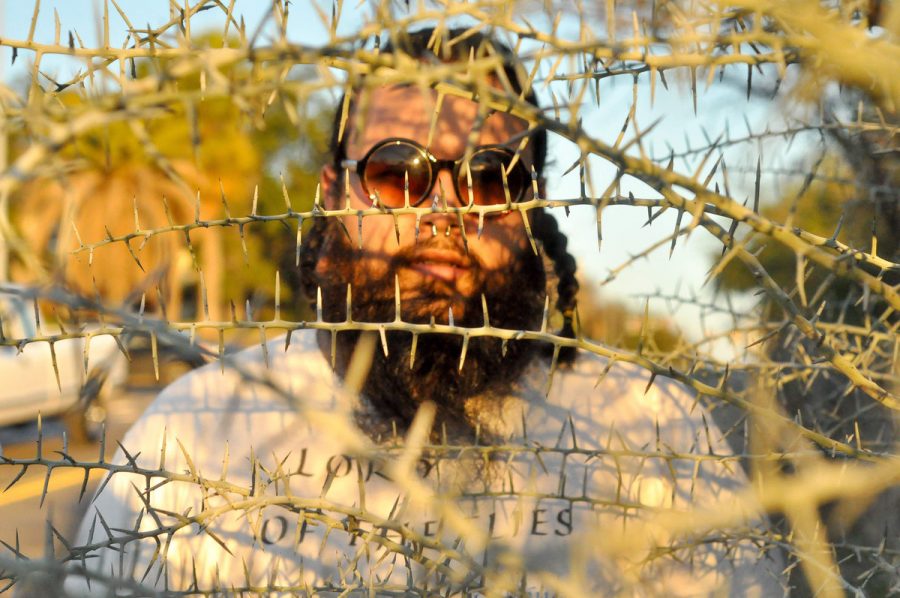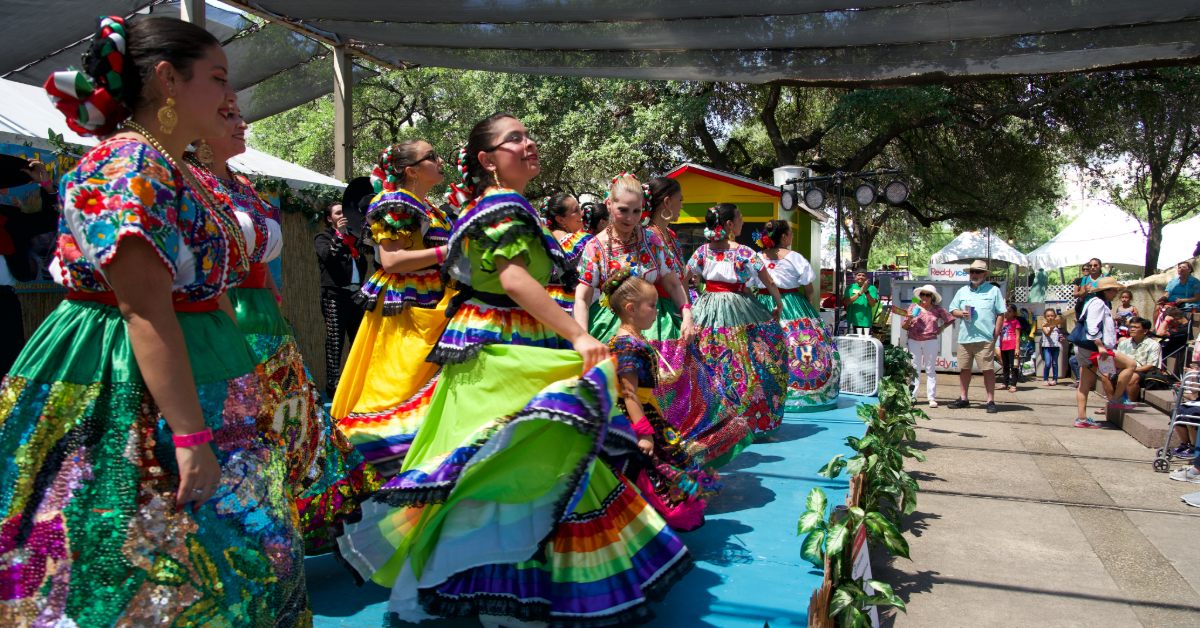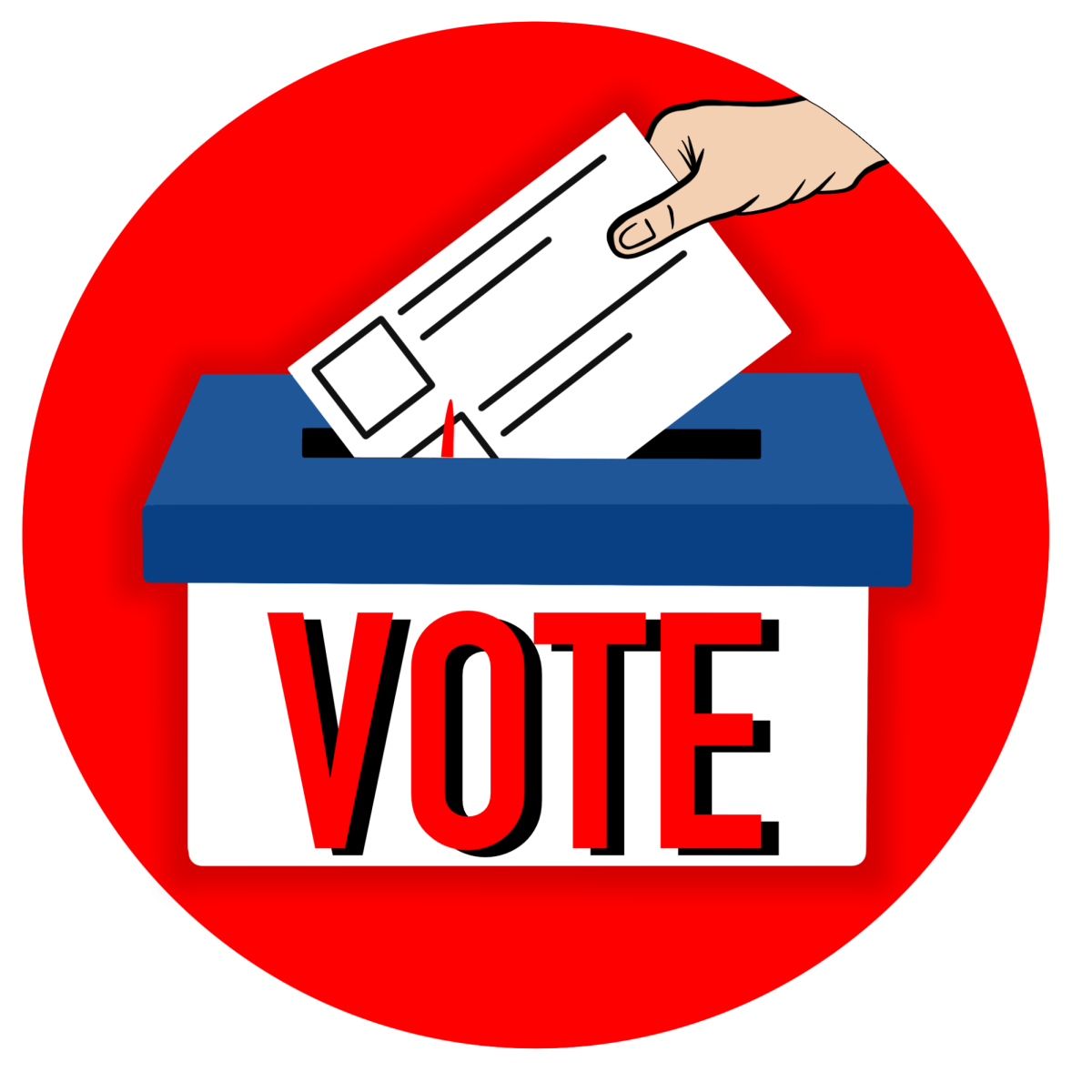Around ten years ago, our city’s music scene was widely considered lackluster in comparison to other thriving Texan musical hubs like Austin or Houston; but today, San Antonio is in the midst of its own musical renaissance. The city has taken great strides in creating a competitive scene to rival the best that Texas has to offer: the revival of the St. Mary’s Strip, organizations that support local artists like San Antonio Sound Garden and Network for Young Artists, new and revamped venues, and the introduction of new music festivals. But at the heart of this revival is a pool of immensely talented LGBTQ artists.
LGBTQ culture is intertwined with the San Antonio music scene and is experiencing a parallel growth. Not only is it important to note that there’s a massive rise in representation, but LGBTQ artists are some of the best musicians that San Antonio has produced. Chris Conde, in particular, is subverting expectations by breaking into a genre that has stereotypically been characterized as homophobic: hip-hop. Conde is the host of the first LGBTQ radio segment in San Antonio, Queer Vibes on KRTU 91.7; the organizer of a local showcase for LGBTQ artists, Queers & Beers; and contributing writer to Out In SA Magazine.
“San Antonio is like one of the gayest cities I’ve ever lived in.”
“San Antonio is like one of the gayest cities I’ve ever lived in,” said Conde, remarking on a 2011 poll by the American Community Survey Office of the U.S. Census Bureau, which states that San Antonio is the friendliest metropolitan area for same-sex couples raising children. In San Antonio, 33.9 percent of same-sex couples are raising children under 18. “It’s not like gay white dudes at a club, It’s parents, it’s families, it’s almost like it’s more. We’ve been gay, gay enough to get a family,” chuckled Conde.
The growing representation of these LGBTQ artists stems from a culture that allows them to feel safe and comfortable with being themselves. But that hasn’t always been the case. The LGBTQ community has had to fight for years to achieve a place of normality and had to overcome hurdles like being relegated to their own communities. “A lot of LGBTQ musicians are just now getting promoted and getting into normal spheres. A lot of us had to stay in gay bars and within the gay community,” said Conde.
“I was taught that being gay meant I’m going to have AIDS,” Conde said. “If you’re straight and someone tells you it’s wrong to be straight and you need to like the same sex then how awkward and weird is that? That’s exactly what a lot of us in the community grew up with.” Even Conde himself admitted to having an internalized homophobia and didn’t feel comfortable living in his own skin- a reality that contributed to a long struggle with alcoholism and drug abuse that at one point culminated into homelessness.
A traditionally conservative stage, Texas still holds many exclusive, “traditional family values” and still has residents who are resistant and fearful of LGBTQ culture. Even nationally, the United States only legalized same-sex marriage in 2015. Only now is the general public starting to become aware of the civil injustices that the LGBTQ community has historically endured.
“We’re in the middle of an LGBTQ liberation period and we’ve got so much more work to do but it was just recently that it’s become okay. A lot of people have been fighting for that, a lot of people have been dying for that,” Conde said.
The increasing representation of San Antonio LGBTQ artists is a key factor to spreading awareness of their community’s issues. Through music and art more people face the stigmas associated with LGBTQ people. Music creates an opening that allows anyone who listens to gain insight into the struggles that this group has experienced.
Chris Conde uses hip-hop, although historically described as a homophobic genre, to relate to his own personal problems with alcoholism, drug abuse and sexuality. Hip-hop comes from a place of struggle and resistance and was conceived as a way to communicate problems within black communities such as social injustices and police brutality.
“There’s this come-up of LGBTQ artists who were birthed in the same sphere of aggressive hip-hop and area able to communicate their own lives from that same sort of aggression,” said Conde. This kind of music gives unique experience to people and givesexposure to the issues of the community.
The music industry is changing to accept LGBTQ artists because of advocates like Chris Conde, who have fought hard for normality. His radio show, Queer Vibes, gives LGBTQ artists a city-wide voice. His showcase, Queers and Beers, gives new artists an opportunity to come out and show their talents. The San Antonio music and LGBTQ communities are growing and influencing each other. As LGBTQ culture becomes more accepted in San Antonio, then LGBTQ music will stop being LGBTQ music and simply considered music.








